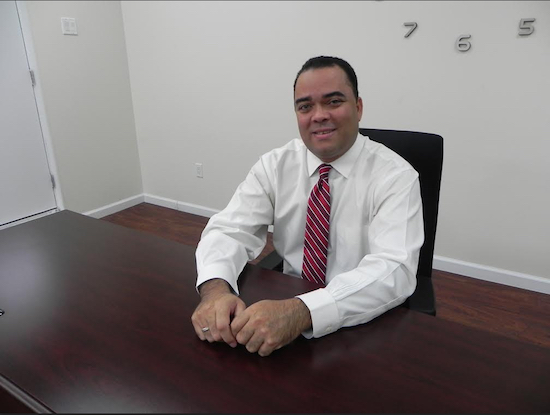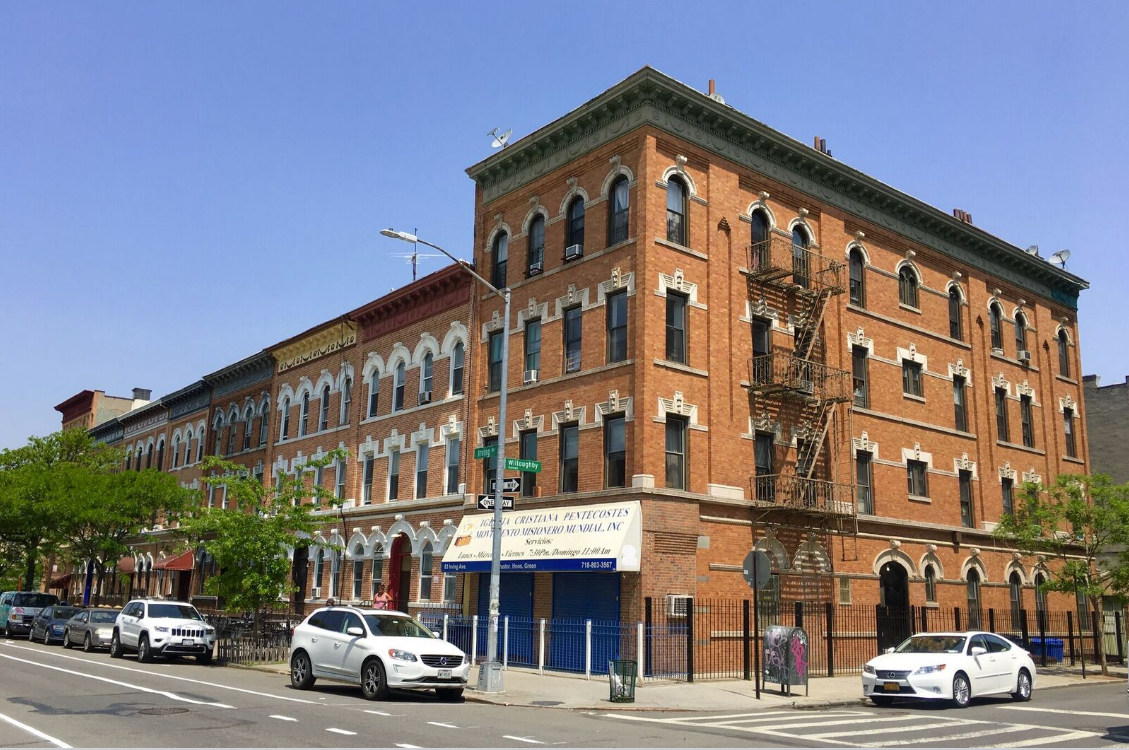In Public Service: Dilan calls Bushwick city’s ‘best kept secret’

Assemblymember Erik Dilan in his district office on Cornelia Street. Eagle photo by Paula Katinas
Assemblymember Erik Dilan was born and raised in Bushwick, the neighborhood he now represents in the state Legislature, and in an interview with the Brooklyn Eagle, he called it “the city’s best kept secret.”
There are so many wonderful things about the neighborhood that its residents know but that the rest of New York doesn’t know, he said, sitting at a conference table in his district office on Cornelia Street.
Bushwick’s family-friendly atmosphere is one of its strengths, he said, adding that many of its residents have lived there for many years, even during economic tough times.
